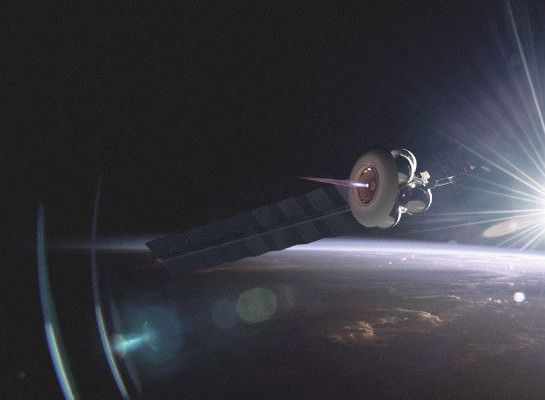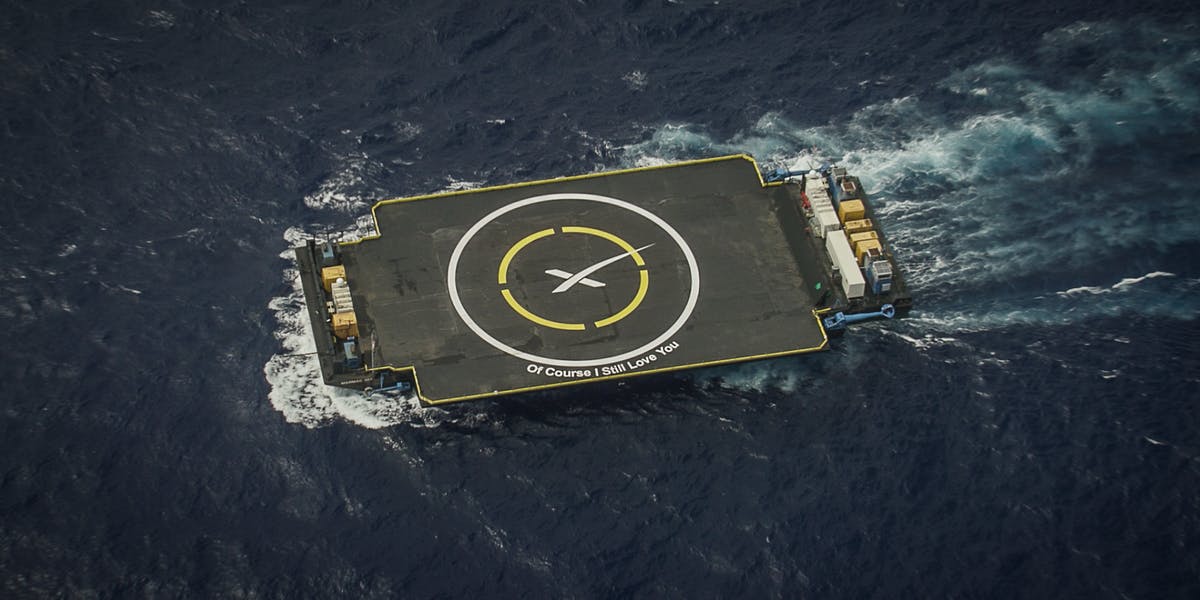NASA has recently announced it would give funds to a California-based 3D printing company for finding ways to turn asteroids into giant, autonomous spacecrafts, which could fly to outposts in space, the media reported.
Made In Space’s project, known as RAMA (Reconstituting Asteroids into Mechanical Automata), could one day enable space colonization by helping make off-Earth manufacturing efficient and economically viable, Space.com reported.
The company plans to use 3D printing to turn the asteroids into self-flying vehicles by 2030.





